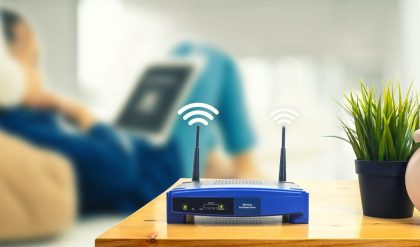· Processor is the brain of your computer.
· Some key concepts
–Clock : In a computer, clock speed refers to the number of pulses per second that sets the tempo for the processor.
– Cache
∗ A small but fast memory area.
∗ Levels of cache exists.
– Bus (FSB and BSB) : Collection of wires connecting different devices.
– Pipeline : Implementation technique where multiple instructions are overlapped.
· 32/64 bit processors
– The amount of data a processor can process in a clock cycle.
· Clock speed and overclocking
– BUS SPEED x MULTIPLIER = CPU SPEED (Clock)
· Which processor is faster?
– 100MHz x 10.0 = 1000 MHz
– 133MHz x 7.5 = 997.5 MHz
Some commercially available processors
· Pentium I-IV
· Celeron
· Athlon
· Duron
· Cyrix C3
· Itanium (64 bit)
· Opteron (64 bit)


· How do you pick a processor for your system?
– Performance & Cost
· How to measure performance?
– Clock speed is one measure of computer “power”, but it is not always directly proportional to the performance level.
– The type of microprocessor, the bus architecture, and the nature of the instruction set, all make a difference.
∗ examples : P4 3.06 GHz, P4 3.0B GHz, P4 3.0C GHz
– Check for bus speed and cache size as well.



Comments are closed.